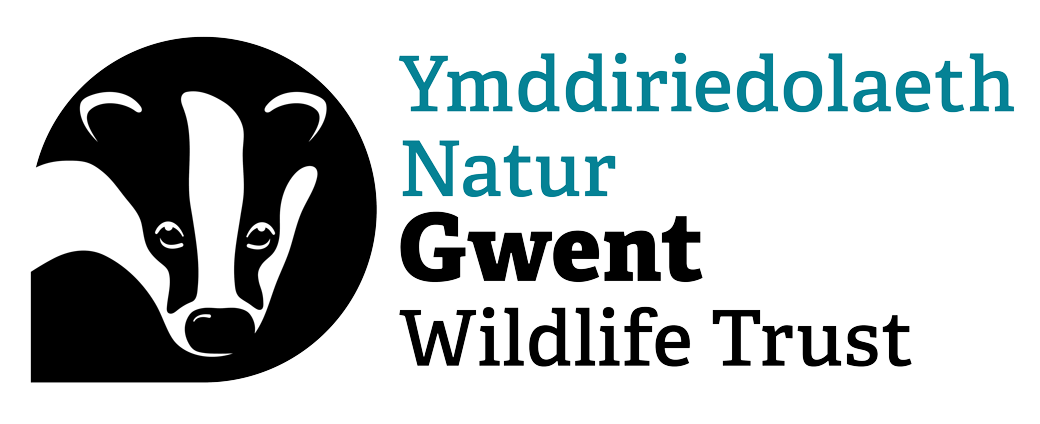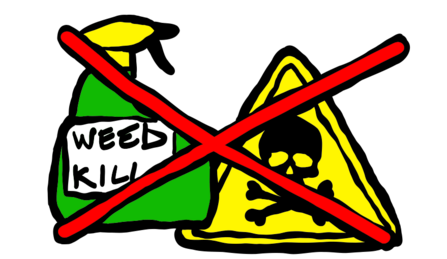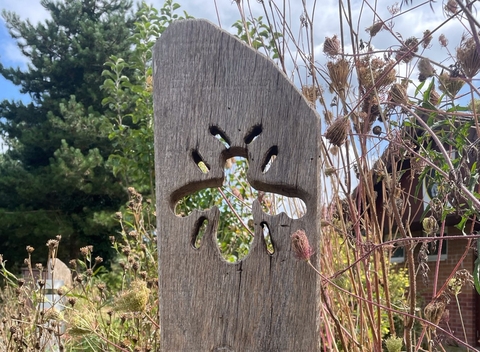We need to rethink how we view so-called “pests” and “weeds” - most of which are actually wildlife and wildflowers doing their part in a balanced ecosystem.
Gardens thrive when we work with nature, not against it. The more we try to control, eliminate, or eradicate, the more imbalanced and damaging our gardens become. With a bit of extra effort, or simply a shift in how we view and manage certain plants and creatures we can protect biodiversity and restore natural harmony.
The widespread use of herbicides, pesticides and insecticides have devastating effects. Not only do these chemicals kill the intended targets, but they also harm non-target species too.
An example is the chemical spraying of dandelions. These so-called weeds are actually a vital early food source for pollinators. Sprays meant to kill them often result in the unintended death of bees, butterflies and other pollinators. It’s tragic, avoidable and unnecessary. I’ve personally witnessed the aftermath, and it’s heartbreaking.
The same chemicals have also been linked to serious human health issues, including certain cancers. On top of this they’re a part of the water pollution problems we have, washing off our gardens or land and into our rivers, and eventually reaching the sea.
It’s a domino effect, and the same can be said of poisons, take slug pellets, for example. Slugs might be the target, but what eats slugs? Hedgehogs, frogs, toads, birds, all of which can be poisoned in the process. The toxins don’t just stop there; they can move up the food chain, harming even more wildlife.
As someone who cares deeply about wildlife, it’s upsetting to see how casually these products are used, and how readily available they are in garden centres and supermarkets. It often feels like people either aren’t aware of the damage they cause, or worse, just don’t care. That’s why “Be Organic” is one of my 12 Elements of a Wildlife Garden.


